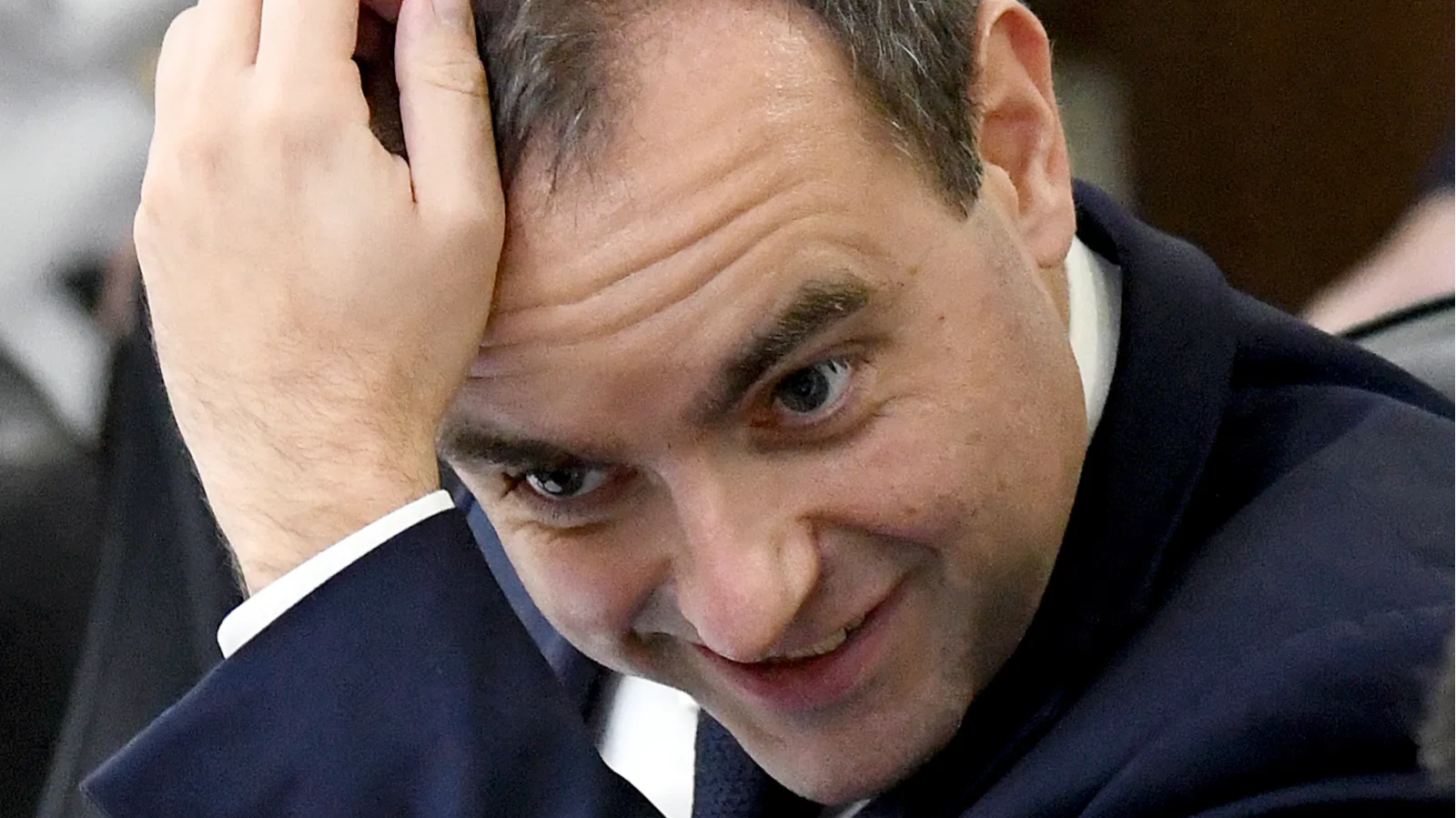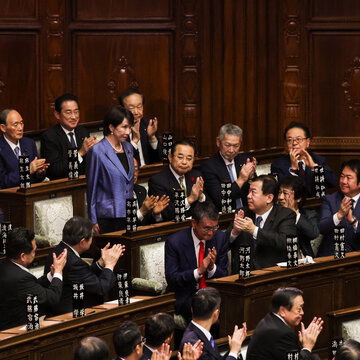French Prime Minister Sébastien Lecornu survived a no-confidence vote, but his government remains fragile amid ongoing political turmoil.
Lecornu’s survival hinged on a key decision: he agreed to suspend Emmanuel Macron’s contentious pension reform, which would have pushed the retirement age from 62 to 64. Opposition from both the far-right National Rally and hard-left France Unbowed had driven the motion. The motion fell short by 18 votes, with 271 in favour, 18 less than the 289 needed to pass, according to a Reuters report.
Still, a second no-confidence motion from the far-right remains on the table, meaning Lecornu’s position continues to hang by a thread.
Fragile majority, uncertain future
Lecornu’s coalition depends heavily on Socialist support, which backed his concessions and refrained from voting him out. However, with a hung parliament split among left, right, and centrist blocs, the balance of power is precarious, says The Guardian.
Macron’s decision to reappoint Lecornu just days after his resignation underscores how little room there is for missteps. The suspended pension reform may have bought some time, but Lecornu now faces a major test: passing the 2026 budget in a hostile legislature. According to political observers, more no-confidence threats may loom during budget debates, and Macron might be forced to consider dissolving the Assembly and calling fresh elections.











